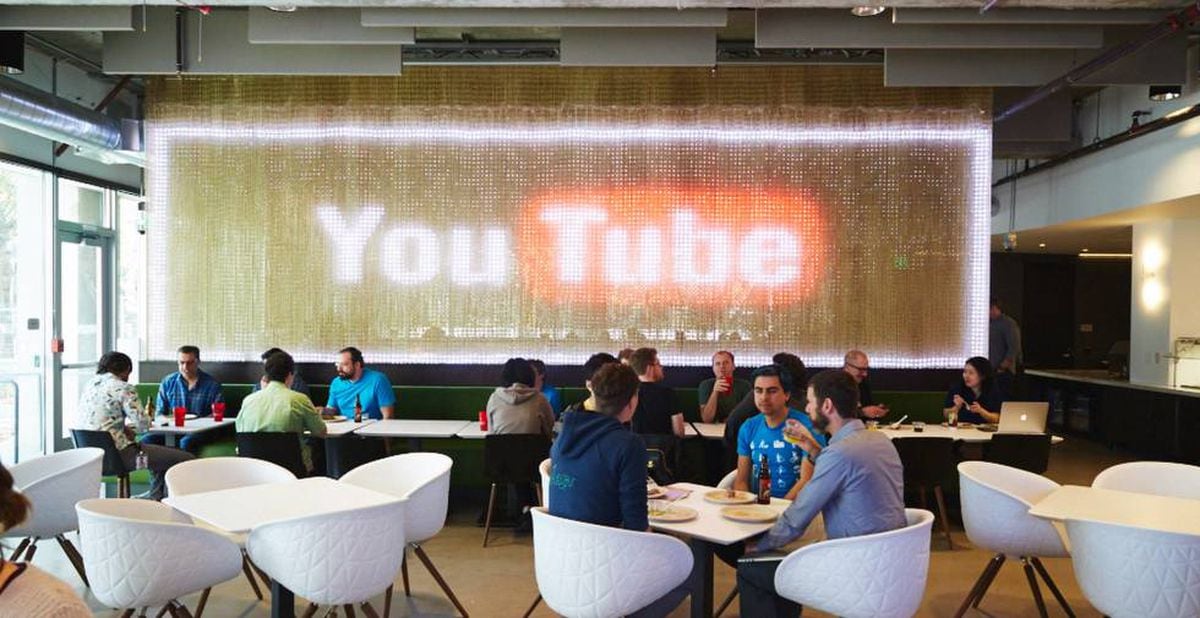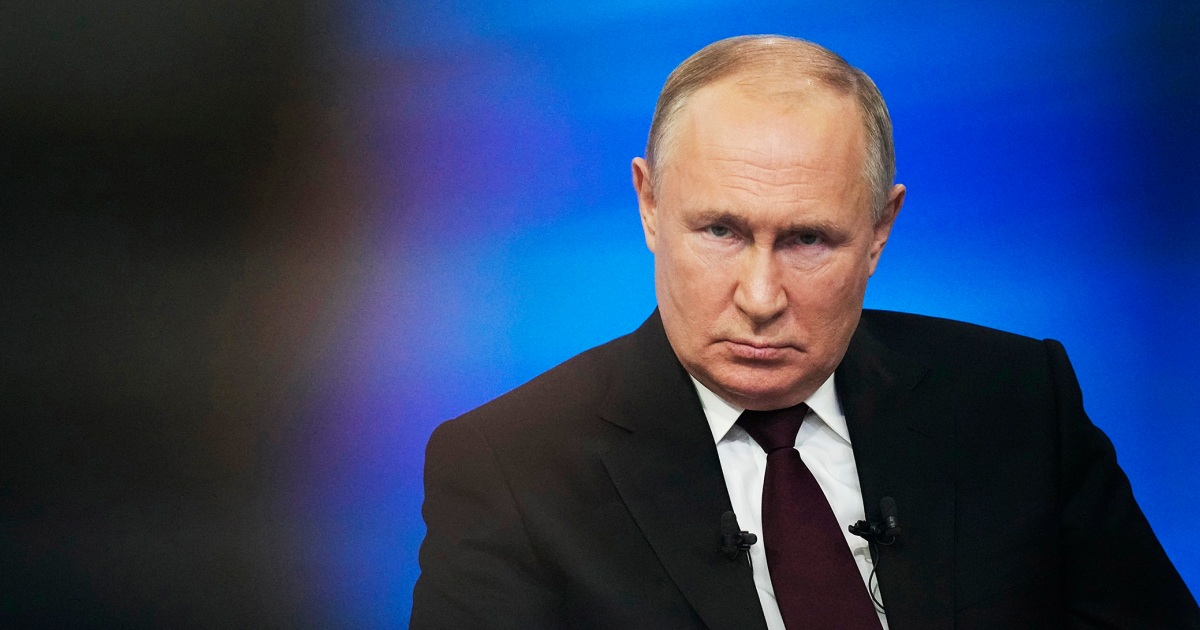More than 80 verifier organizations from more than 40 countries have sent a letter to YouTube CEO Susan Wojcicki asking that the platform stop "allowing unscrupulous actors to manipulate and exploit others, in addition to raising money." The company, owned by Google, has regularly been left out of the criticism for misinformation that networks such as Facebook or Twitter have received. The publication of the text comes after representatives of the organizations have met three times in recent years with YouTube with similar requests without being attended to at the moment.
Among the signatory organizations are the three main Spanish ones, Maldita.es, Newtral and Verificat. One of their main requests is that YouTube apply the same level of effort to all non-English languages. Among the signatories are Agencia Lupa (Brazil), La Silla Vacía (Colombia), Facta (Italy), PolitiFact (USA), Chequeado (Argentina), Full Fact (UK), Animal Político (Mexico) or Rappler (Philippines) , founded by recent Nobel Peace Prize Laureate Maria Ressa.
The letter's two central requests are, first, greater transparency about disinformation on YouTube so that outside actors, such as academic researchers, can gauge the origin and scope of disinformation campaigns. And second, better collaboration with these
fact checker
organizations so that platform users have more context in the face of possible false claims. "The way in which this context should appear is not defined," explains Carlos Hernández-Echevarría, from Maldita.es, in a virtual press conference prior to publication that a group of organizers held with journalists from around the world. "It could be for example with images superimposed on the video with a link, but we are open to consensus and to try what works best", he adds.
The organizations do not hide that with this letter they are also asking YouTube to finance their work: "It is not a problem for me to admit it," says Cristina Tardáguila, from Agencia Lupa.
“This is the most difficult battle of our time, we are very small and we are in charge of fighting disinformation on huge platforms.
We need a financial agreement because we have a lot of work and we are very few, in Brazil there will be about 50 people in the
fact-checker
organizations ”, he adds.
In the meetings they have had with YouTube to improve the relationship, the company has not compromised or given clear answers.
"With this step we try to scale this to higher levels within the company," says Tardáguila.
A YouTube spokesperson, Elena Hernández, responded to the letter: “Fact-checking is a crucial tool to help users make their own informed decisions, but it is a much larger piece of a puzzle to address the disinformation. In recent years, we have invested heavily in policies and products in every country where we operate to connect people with content from authoritative sources, reduce the spread of borderline misinformation, and eliminate infringing videos. We will continue to strengthen our work with the community of fact-checkers. ” From the company they remember that they have already collaborated with 1 million dollars with the International Network of Verifiers, to which many of the signatory organizations belong.
The letter cites several examples of disinformation distributed by YouTube, from cases linked to the pandemic such as the Spanish doctor Natalia Prego, to false cures against cancer or political lies in Taiwan, the Philippines or about the alleged "big lie" of the US elections. That was won by President Joe Biden. The challenge is different depending on the area and the country. In Brazil, for example, there are channels accused of misinformation with millions of subscribers and views, such as Os Pingos Nos Is or Alexandre Garcia. In Spain, some of the channels often shown as examples, such as Rafapal, El Vortice or Aqui la voz de Europa, are much smaller.
In the letter they also denounce the "false dichotomy" between deleting or not deleting the content. By resorting to this debate, YouTube thus avoids doing what "has been shown to work," says the letter: "Teaching verified information is more effective than deleting content" and also "preserves freedom of expression." Another requirement is that YouTube better control which channels and videos appear in its recommendation algorithm.
In YouTube searches in some countries, a panel with information from verified publishers appears. There is also, although otherwise presented, information verified by
fact-
checker organizations . It is a system called ClaimReview that allows organizations that wish to add a few lines of code to their pieces so that the search engine detects and displays them automatically. It is a tool used by Google or Bing, in addition to YouTube, although it works unevenly on the video platform. “Each organization decides whether to add those lines of code on its page and thus appear from time to time on YouTube. But that does not imply that there is a collaboration program with YouTube, at least as far as I know ”, says Tardáguila.
You can follow EL PAÍS TECNOLOGÍA on
and
or sign up here to receive our
weekly newsletter
.







/cloudfront-eu-central-1.images.arcpublishing.com/prisa/ELHCUHQRSFERVA3HKYGKZVLACM.jpg)